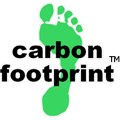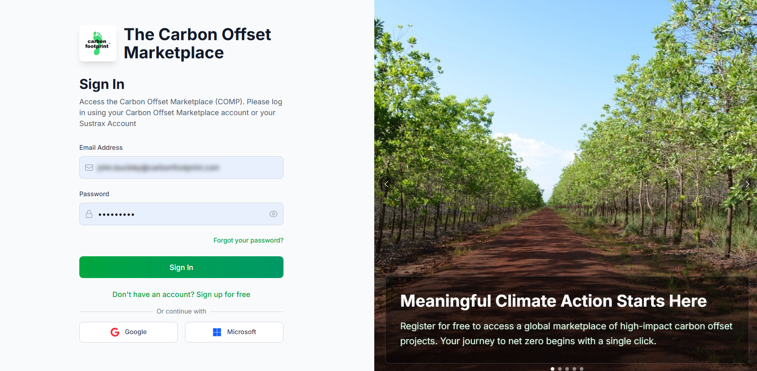Carbon Offsetting with Confidence and Clarity
Taking responsibility for your carbon footprint is a powerful step. Carbon offsetting provides a way to make an immediate, positive impact on the climate crisis by funding projects that are proven to reduce or remove emissions from the atmosphere. While reducing your own emissions is the ultimate goal, offsetting is an essential tool for any business to compensate for its unavoidable impact today and accelerate the journey to a global Net Zero.
For Direct Action
The Carbon Offset Marketplace (COMP)
Our new platform makes it easy to take credible climate action in minutes. Perfect for businesses who want transparency and control.
✅ Browse Top-Rated Projects: Use our free, independent CRISP ratings to select the best projects with confidence.
✅ Instant "Proof of Impact": Download your certificate immediately following payment.
✅ Avoid Greenwashing: The UK's most transparent offsetting solution.
Visit the MarketplaceFor Corporate & Bespoke Portfolios
Expert Advisory Service
Work directly with our world-class consultants to build a high-impact, bespoke offsetting portfolio tailored to your specific strategic goals.
✅ Strategic Advice: Leverage our 20+ years of expertise to navigate the market.
✅ Managed Portfolios: We will curate a portfolio of the highest-quality projects to meet your budget and brand requirements.
✅ Institutional-Grade Due Diligence: We provide a level of project analysis and portfolio curation that meets the standards of the most demanding corporate clients.
Contact Our ExpertsThe New Standard of Trust in Carbon Offsetting
- Radical Transparency: We believe trust is earned, not claimed. That's why we provide our independent CRISP ratings for free on our marketplace and deliver a public 'Proof of Impact' retirement link for every tonne you offset. No black boxes, no hidden portfolios.
- Unmatched Expertise: Our platforms are backed by the human expertise of our 20-year-old environmental consultancy. We don't just sell credits; we understand the science and the market behind them.
- A Partner for Your Entire Journey: Offsetting is just one part of a credible climate strategy. We are the only partner who can guide you from your first footprint calculation to achieving our robust, verified Net Zero Standard.
Register for Free / Sign into the Carbon Offset Marketplace
 Beyond Offsetting: The Pathway to Credible Net Zero
Beyond Offsetting: The Pathway to Credible Net Zero
Offsetting residual emissions is a vital part of climate action. For organisations ready to take the next step, the Carbon Footprint Net Zero Standard provides a complete, credible framework for your entire journey. It's the definitive pathway for businesses serious about achieving their climate goals with integrity.
Learn More About the Net Zero Standard

